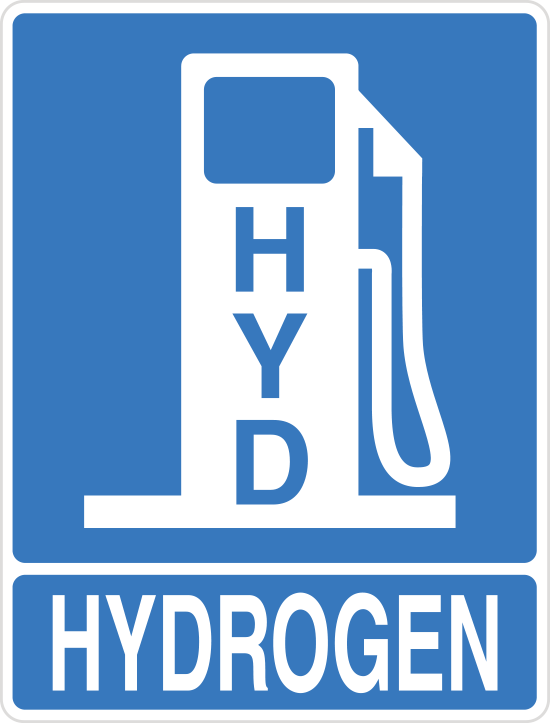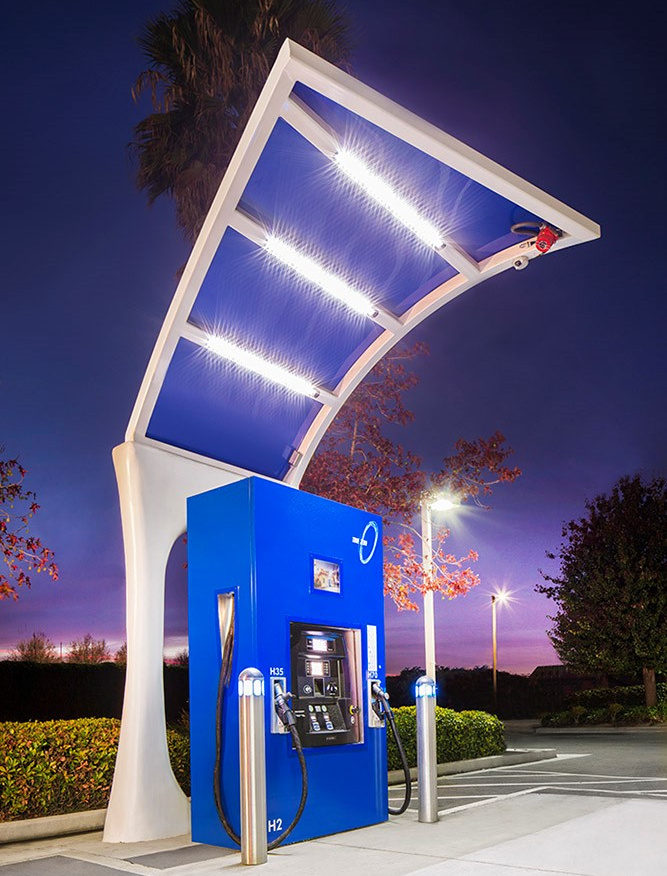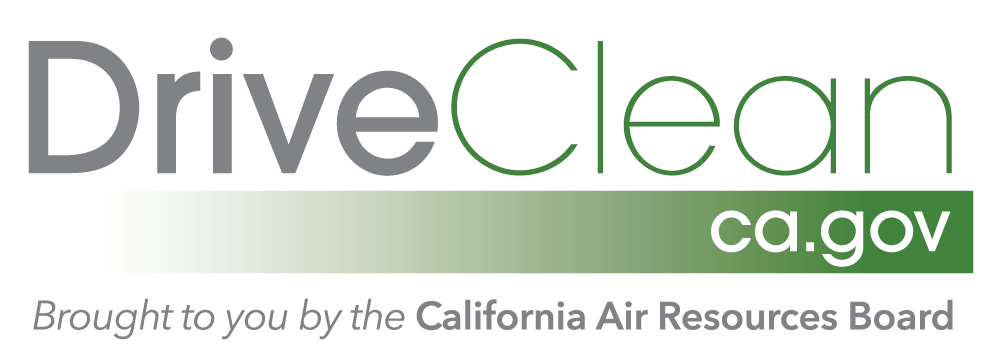Hydrogen Fueling Overview
The most abundant element in the universe, hydrogen, is among the cleanest and greenest fuels for powering cars. This is possible thanks to sophisticated fuel cell technology that can be applied in electric vehicles using compressed hydrogen gas. In a fuel cell, hydrogen reacts electrochemically to produce electricity to power the car. The only waste product is water vapor.
Fueling is Easy and Fast
Fuel cell electric cars typically go 300 miles or more on a full tank of hydrogen, with the ability to refuel in 3 to 5 minutes. Hydrogen fueling is no more complicated or time-consuming than filling a standard car with gas. See how fuel cells differ from other electric car types.
Most hydrogen fueling stations are located at existing gas stations, using dispensers that look very similar, but have a different nozzle and hose.
California has more than 60 hydrogen stations, with additional stations in development. While the network is expanding, current stations are primarily focused in core market areas and in strategic locations to enable statewide and vacation travel.

Fueling Costs
While the current price of hydrogen is higher than gasoline, fuel cells are approximately 2.5 times more efficient than gasoline engines. An added bonus is that most fuel cell car manufacturers include three years’ worth of free fuel with a vehicle.
Hydrogen Production

Since hydrogen is always bonded to other elements, it must be separated and purified through a process in order to be used in a fuel cell. There are many options for this, as well as a wide variety of sources for the hydrogen – many of which can be renewable and low- to zero-carbon.
In today’s early market, hydrogen is supplied primarily from industrial gas companies that produce hydrogen from natural gas. Since fuel cells are so much more efficient than gasoline powered engines, the overall greenhouse gas emissions are much lower (at least half) no matter which hydrogen production method is used.
California is leading the way in producing 100% renewable hydrogen fuel, and several initiatives are in place working toward that mission.
Incentives
Hydrogen fuel cell electric cars may qualify for a number of incentives. To find incentives in your region, visit drive electric.
Resources for Finding Fueling Stations
Hydrogen Fuel Cell Partnership
U.S. Department of Energy Alternative Fuels Data Center
